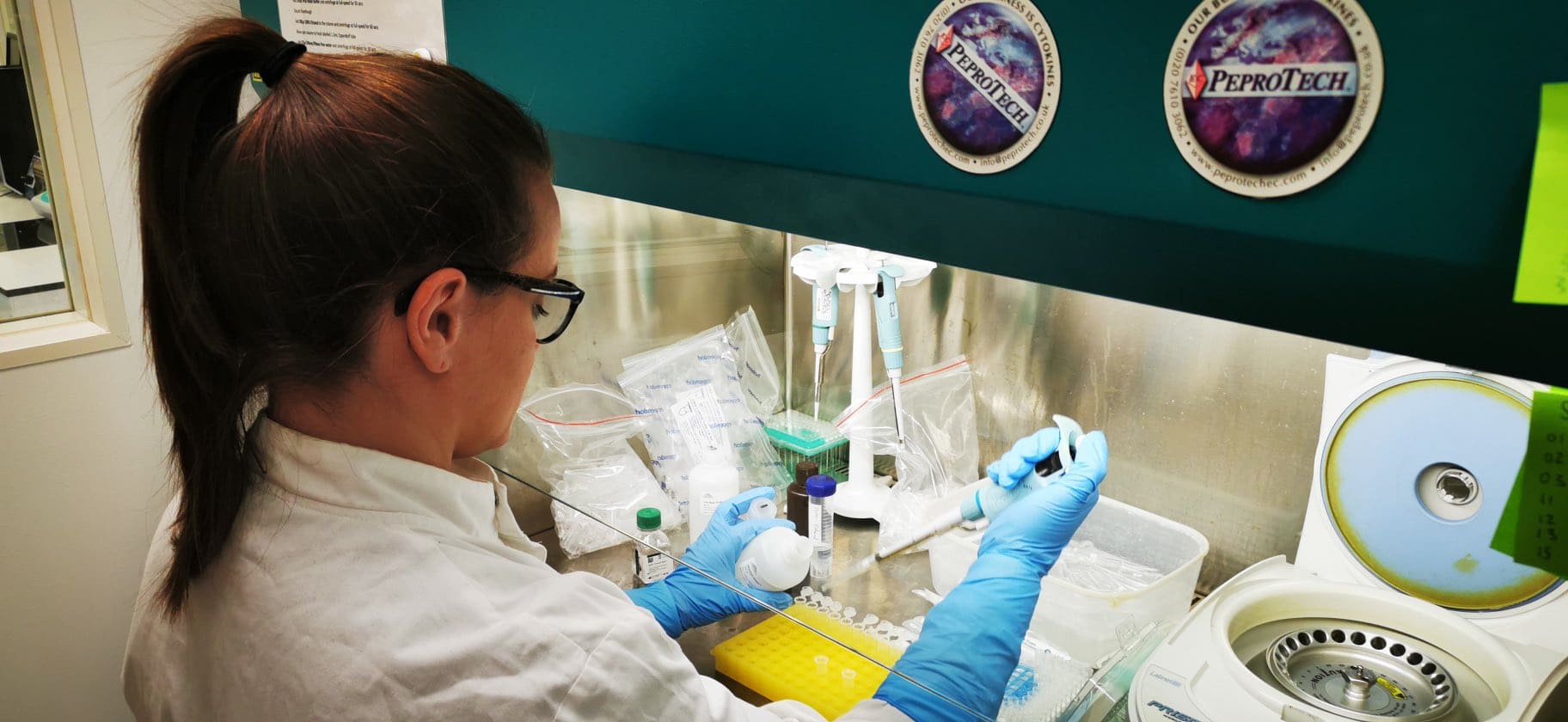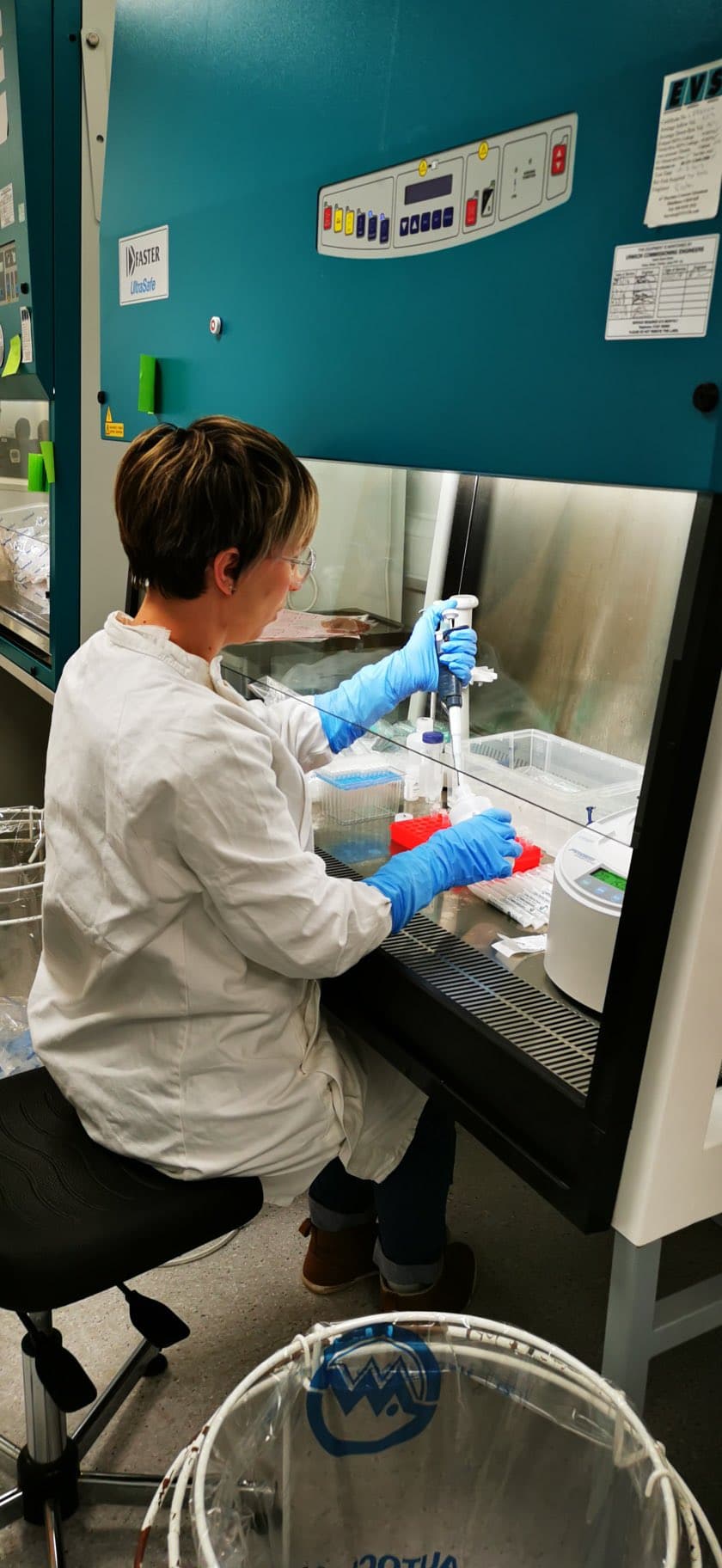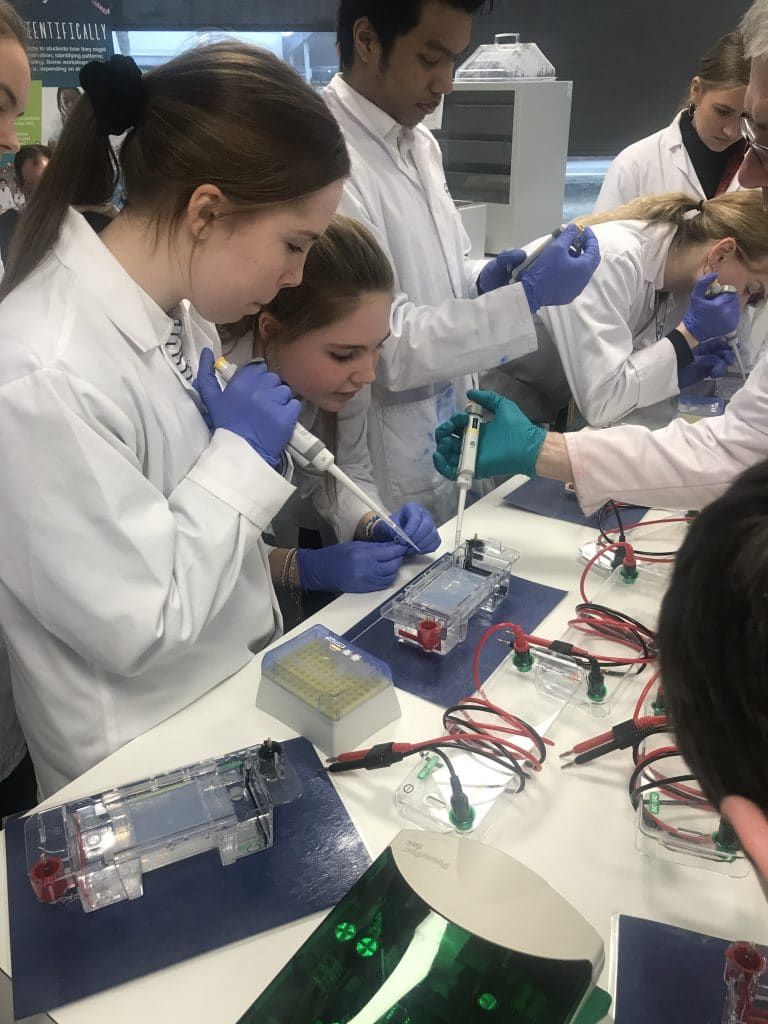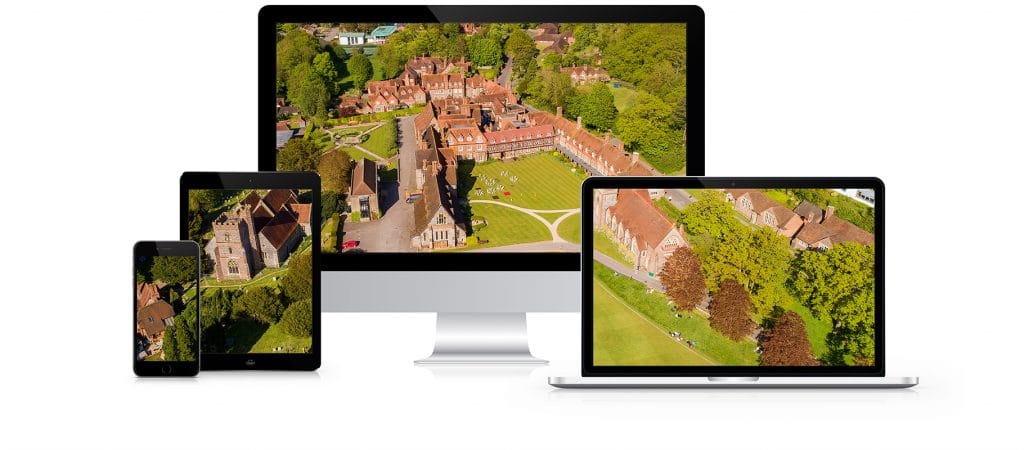For any budding Bradfield scientists who want to know more about the science behind testing, Dr Ogbe goes into detail about what each test involves, why they use an RNA test rather than a DNA test and how they ensure the tests are accurate.
“Each test involves taking a buccal swab (from the back of the mouth) which will then hopefully contain some of that person’s cells. The swabs are then manually processed in the lab.
First the RNA is isolated from the cells and then it is purified and concentrated. It is an RNA test because COVID-19 is an RNA-containing virus. Some viruses contain DNA and others RNA.
The RNA that has been extracted is then subjected to something called real-time RT-PCR which basically uses things called primers to bind to known sequences of RNA, which can then be amplified in a machine, effectively by making multiple copies of them to bring them to detectable levels.
The COVID-19 test we are running was developed by the Centre for Disease Control and uses several sets of primers. Two of these are designed to bind to different sections of the nucleocapsid ‘N’ gene which is part of the COVID-19 RNA inside each virus. The third set of primers is designed to bind to a human gene called RNase P, this acts as a quality control, as if human cells have been swabbed and processed correctly then this gene should show up positive.
If the RNase P gene doesn’t show up as positive, you know something has gone wrong somewhere, either the swab wasn’t taken correctly, or RNA wasn’t isolated correctly, as all human cells should contain this RNA.
The kit also comes with a non-infectious COVID-19 viral control and a human RNase P control RNA, which should be run with every test panel and should always show positive with the primer sets and probes supplied.”







